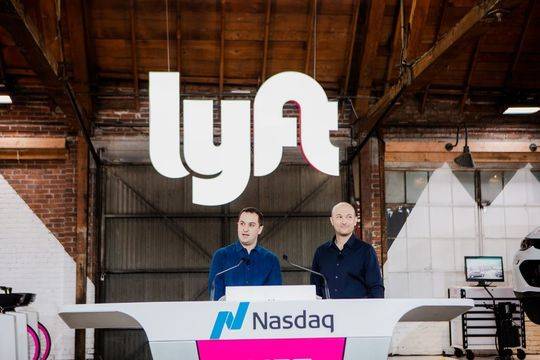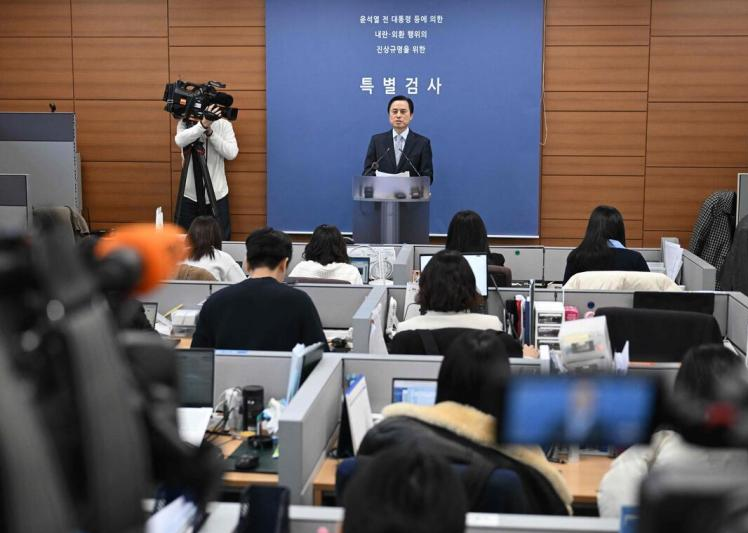
Us ride-hailing giant Lyft has announced a high-profile plan to launch a self-driving taxi service powered by Israeli automotive technology company Mobileye in Dallas next year. This news has triggered widespread concern and discussion in the industry. However, in today's increasingly mature self-driving technology, will Lyft's partnership with Mobileye really proceed as smoothly as expected?
First of all, we need to be clear that the realization of autonomous driving technology is not an overnight process, it involves a number of complex technical areas, including sensor technology, data processing, artificial intelligence algorithms, vehicle control, and so on. Mobileye, a well-known player in the field of autonomous driving, is known for its advanced driver assistance system (ADAS) technology. However, even with such strong technical support, the commercial landing of autonomous driving technology still faces many challenges.
From the perspective of sensor technology, self-driving cars need to rely on a variety of sensors such as radar, cameras, and LiDAR to sense the surrounding environment. The accuracy, stability and reliability of these sensors are directly related to the safety and reliability of autonomous vehicles. However, there are still many shortcomings in the current market sensor technology, such as the performance of radar in bad weather conditions, the limited field of view of the camera, and the high cost of LiDAR. These issues could be obstacles to Lyft's self-driving taxi service.
In terms of data processing, self-driving cars need to process massive amounts of data from multiple sensors in real time to make accurate decisions. This requires the autonomous driving system to have powerful computing power and efficient algorithms. However, current computing platforms and data processing technologies are not yet able to fully meet the needs of autonomous vehicles. Especially in the complex and changeable urban traffic environment, autonomous vehicles need to face more uncertainties and challenges. How to ensure that autonomous driving systems can still make the right decisions in these environments is an urgent problem.
In addition, artificial intelligence algorithms play a crucial role in autonomous driving technology. Autonomous driving systems rely on artificial intelligence technologies such as deep learning to identify obstacles such as road signs, pedestrians, and other vehicles and predict their behavior. However, the accuracy and robustness of AI algorithms are still limited by the quality and quantity of data. In practical applications, the autonomous driving system may encounter rare situations or extreme conditions not covered by the training data, in which case the performance of the algorithm will directly affect the safety of the autonomous vehicle. Therefore, how to improve the generalization ability of artificial intelligence algorithms is the key to the development of autonomous driving technology.
In addition to technical challenges, the commercial implementation of autonomous driving technology is also subject to legal, ethical and social acceptance constraints. For example, the ownership of responsibility for traffic accidents of autonomous vehicles, passenger privacy protection, data security and other issues need clear laws and regulations to regulate. In addition, the social acceptance of autonomous driving technology is also an issue that cannot be ignored. Despite the potential advantages of autonomous driving technology, such as improving traffic efficiency and reducing traffic accidents, public concerns about its safety and reliability remain widespread. All of these factors could affect the speed and scope of Lyft's self-driving taxi service.
Going back to Lyft's partnership with Mobileye itself, while both are leaders in their respective fields, the commercial landing of autonomous driving technology is not a simple technology overlay. Lyft needs to face not only the integration and testing of Mobileye's technology, but also the integration with the existing ride-hailing service network, driver and passenger training, and service quality assurance. In addition, Japanese conglomerate Marubeni will reportedly own and finance vehicles equipped with Mobileye technology. This means that Lyft also needs to closely coordinate and cooperate with Marubeni in the process of advancing the self-driving taxi project. Although this cross-industry cooperation model may bring complementary resources and superposition of advantages, it may also increase the complexity and uncertainty of project management.
All that said, Lyft's plan to launch a Mobileye self-driving taxi service in the United States next year is certainly a challenging project. Although the two sides have certain advantages in technology, the commercial landing of autonomous driving technology still faces many technical challenges and non-technical constraints. Therefore, Lyft needs to fully recognize and evaluate these challenges and constraints, and develop practical solutions and strategies to cope with them. Only in this way can we ensure the smooth promotion and commercialization of autonomous taxi services.
Of course, we cannot deny the potential and prospect of autonomous driving technology. With the continuous progress of technology and the gradual improvement of regulations, autonomous driving technology is expected to achieve wider applications and deeper development in the future. However, in this process, we need to maintain a rational and prudent attitude, and conduct in-depth analysis and criticism of autonomous driving technology to ensure that its safety and reliability are fully guaranteed. Only in this way can we usher in a safer, more efficient and smarter transportation future.

YTN TV of South Korea reported on Tuesday (December 16) that the South Korean court plans to make a ruling on the charges of former President Yoon Suk Yeol for obstructing justice on January 16, 2026.
YTN TV of South Korea reported on Tuesday (December 16) tha…
On December 7, a new round of intense military conflict bro…
Recently, US media disclosed that the Pentagon is planning …
From three launch failures and a brush with bankruptcy to n…
Recently, a major piece of news has emerged in the US polit…
Against the backdrop of the Federal Reserve's third rate cu…